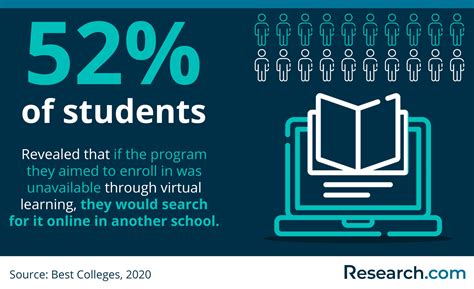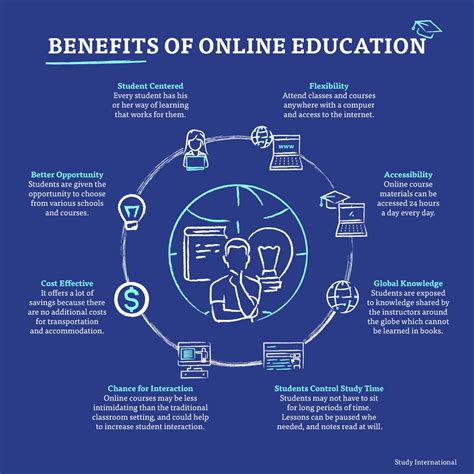Simplified Admission Criteria for Online Master’s Degrees 2019
Simplified Admission Criteria for Online Master’s Degrees 2019
The Evolution of Online Education
Online education has revolutionized the way individuals can pursue higher education. Gone are the days when attending classes on campus was the only option for obtaining a master’s degree. With the advancement of technology, online master’s degree programs have become increasingly popular among working professionals, stay-at-home parents, and individuals looking to advance their careers without disrupting their current lifestyles.
The Benefits of Pursuing an Online Master’s Degree
There are numerous advantages to earning a master’s degree online, including flexibility, affordability, and the ability to tailor your learning experience to fit your schedule. However, one of the key factors that make online master’s degrees so appealing is the simplified admission criteria that many institutions now offer.
The Shift Towards Simplified Admission Criteria
In the past, traditional master’s degree programs often required extensive application processes, including letters of recommendation, standardized test scores, and personal essays. However, as online education continues to gain popularity, many universities have started to streamline their admission criteria to make the process more accessible to a wider range of students.
Factors That Contribute to Simplified Admission Criteria
- Increased competition among online degree programs
- Desire to attract a diverse student body
- Recognition of alternative measures of academic potential
Examples of Simplified Admission Criteria
Many online master’s degree programs now focus on a few key factors when evaluating applicants:
1. Work Experience
Some programs place more emphasis on work experience than traditional academic credentials. This is particularly beneficial for individuals who have been in the workforce for several years and can demonstrate practical knowledge in their field.
2. GPA Requirements
While GPA requirements still play a role in the admission process, some programs have lowered the minimum GPA threshold to make the program more accessible to students with diverse academic backgrounds.
3. Letters of Recommendation
Many online programs now require only one or two letters of recommendation, as opposed to the three or more often demanded by traditional programs. This reduces the burden on applicants and makes the process more manageable.
Case Studies and Statistics
According to a study conducted by the Online Learning Consortium, 71% of academic leaders believe that online education is critical to their long-term strategy. Additionally, 85% of administrators say that online learning outcomes are equal to or superior to those of face-to-face instruction.
Conclusion
As online education continues to grow in popularity, universities are adapting their admission criteria to meet the needs of a diverse student population. Simplified admission criteria for online master’s degrees make higher education more accessible to individuals from all walks of life, enabling them to achieve their academic and professional goals on their terms.
Q&A
1. Are online master’s degrees recognized by employers?
2. How can I determine if an online master’s degree program is reputable?
3. What financial aid options are available for online students?










